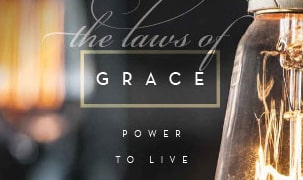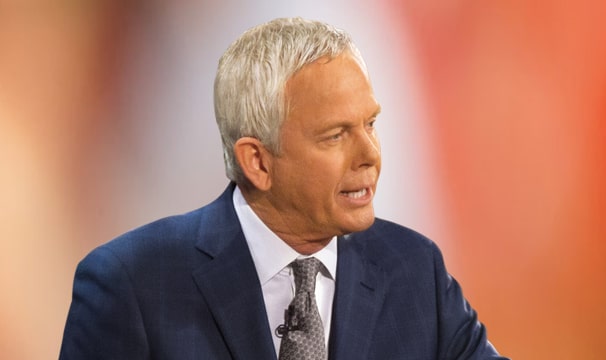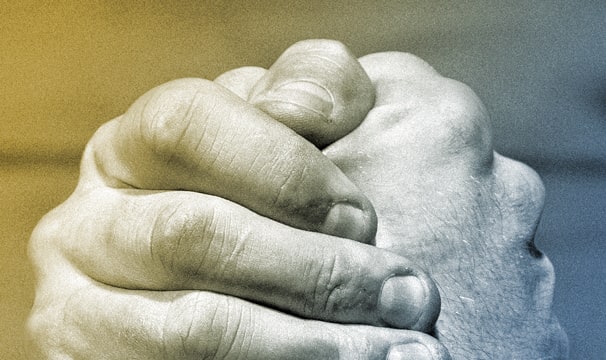Unlike our spiritual new birth, restoring our souls comes step by step. As we begin to meditate in the Word of God, our souls are renewed. James 1:21 says, “…receive with meekness the implanted word, which is able to save your souls.”
God’s Word contains all that is necessary to bring freedom to our souls. As we continue to respond to His Words, thoughts, and ways, we will be transformed to think like God. In Psalm 19:7 we read, “The law of the Lord is perfect, converting the soul….” It is God’s Word applied to our mind, will, and emotions that brings this conversion.
The word translated converting is the same word in Psalm 23:3 rendered restore, which means “to bring back to a former or original condition; to put back in a former place of position — reinstate; to bring back to health or vigor; to give back something lost.”1
The Shepherd of our souls brings conversion into our lives as we spend time in His Word. The freedom that God created us to live in will be experienced little by little. As we meditate in the Word, we receive His thoughts, His plans, and His will! Our Shepherd directs, influences, and rules over our souls as we yield to Him. Then we become His living expression on the earth.
Restoration takes on a beautiful meaning when we know, as the shepherd David knew, the outcome of a stray sheep. Even in the care of the finest shepherd, some sheep wander off from time to time. In the same way, even after we have walked with God for some time, we can feel as though we are flat on our back, in need of restoration.
Even David experienced the frustration of having walked into a snare. He easily identified with the cry of another psalmist who said: “Why are you cast down, O my soul? And why are you disquieted within me? Hope in God…” (Psalm 42:11).
The term cast-down sheep was used by old English shepherds to describe a sheep that has turned over on its back and is unable to get up again by itself. Phillip Keller, a former shepherd, says this in his book, A Shepherd Looks at Psalm 23: “A ‘cast’ sheep is a very pathetic sight. Lying on its back, its feet in the air, it flails away frantically struggling to stand up, without success. Sometimes it will bleat a little for help, but generally it lies there lashing about in frightened frustration. If the owner does not arrive on the scene within a reasonably short time, the
sheep will die.”2
The way sheep become “cast” is very significant to us as Christians. Lying down to relax, the sheep rolls onto its side. But when the center of gravity in its body shifts, and its feet no longer touch the ground, it becomes completely helpless. When it cannot bring itself back to its feet, gases begin to build up in its stomach which retard the blood circulation. This could bring death to the sheep but there is another worry. The “cast” sheep becomes easy prey for predators. It lies with its legs straight up in the air, helplessly waiting to be found, hoping it will be found by its shepherd, and not a predator.
We will never find a safe place to relax our faith or set aside our self-discipline in God. Satan looks on with predator-like anticipation for that point of weakness when we lie down. We must continually guard our inner lives to keep the springs of life flowing within us.
1 Webster’s New Twentieth Century Dictionary, 2nd ed., S.V. “restore.”
2 Keller, Phillip, A Shepherd Looks at Psalm 23, Zondervan Publishing House, Grand Rapids, Michigan.



